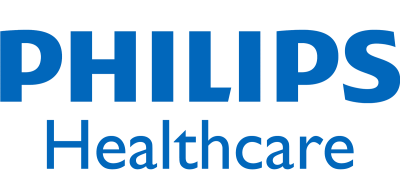Making myelin imaging better in brain diseases
In this study, Maastricht University, Eindhoven University of Technology and Philips propose in a collaborative effort to use improved MRI scans to detect changes in the myelin content of the brain in people with Multiple Sclerosis (MS). MS is a common disease that affects the brain, and can cause severe physical and mental symptoms. Our improved MRI technique can detect changes in the myelin content of the brain more quickly and accurately than current methods. We will use this technique to study 93 people with MS who are on high efficiency medication. We will then assess the results of our MRI scans in relationship with changes in the patients' cognitive and motor skills as assessed by a smartphone app. In addition to studying people with MS, we will also use our improved MRI technique to study healthy volunteers. This will help us to improve and refine our technique so that it can be used more effectively in the clinic. If our technique is successful, it could be used in the clinic to diagnose and monitor MS more effectively. It could also be used to study other neurodegenerative diseases and could have economic benefits by reducing the time needed for MRI scans.



